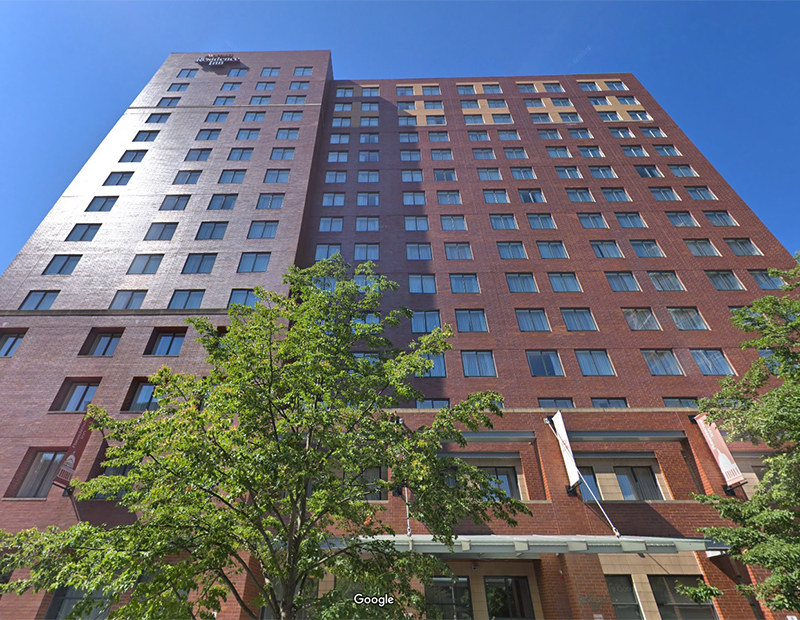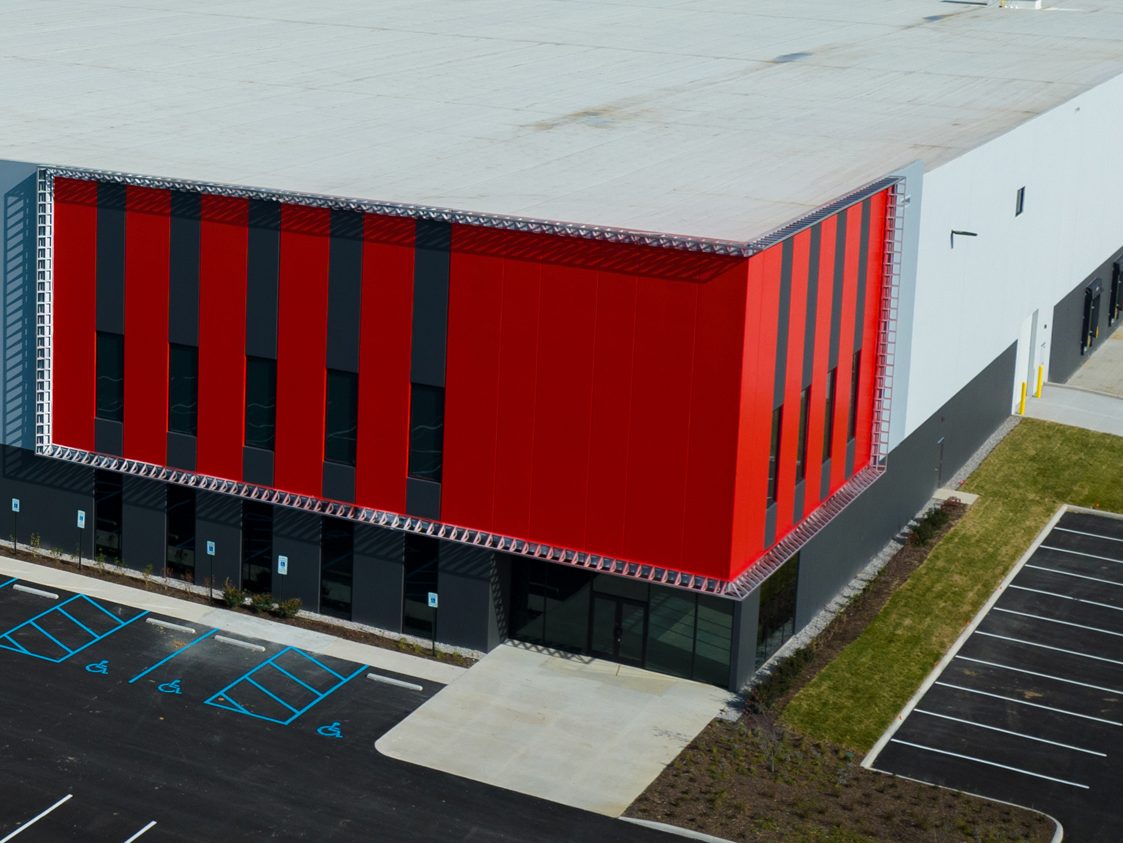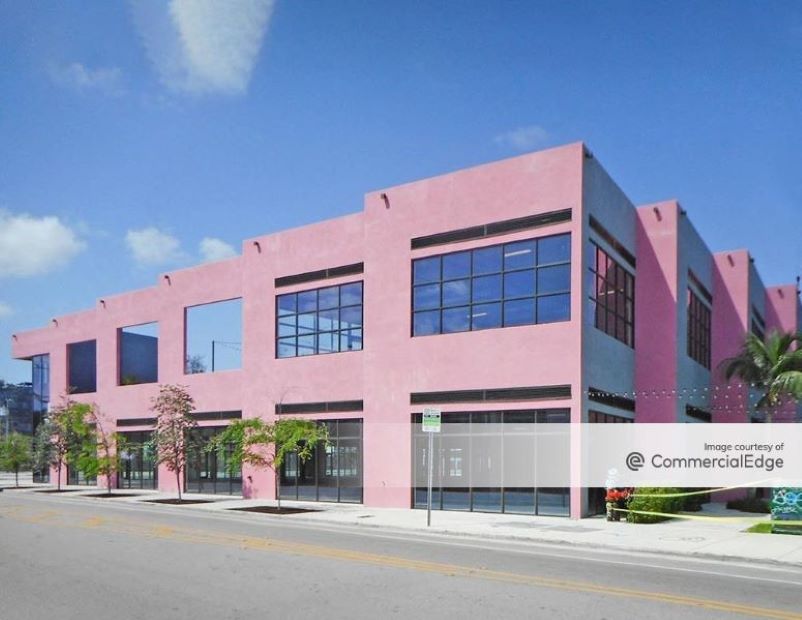Xenia Hotels Sells Boston-Area Asset for $108M
The disposition of the 221-key Residence Inn Boston Cambridge marks an end to the REIT's select-service holdings.
Xenia Hotels & Resorts Inc. has sold the Residence Inn Boston Cambridge in Cambridge, Mass., in a transaction valued at $107.5 million. With the disposition of the 221-key property, Xenia has eliminated all select-service assets from its portfolio.
READ ALSO: Rethinking Hotels for a Post-Pandemic Scenario
Located a stone’s throw from MIT at 120 Broadway, Residence Inn welcomed its first guests in 1999. In 2005, RLJ Development’s RLJ Urban Lodging Fund acquired the property for $63 million, according to City of Cambridge records, and in 2008, the fund sold the 12-story brick hotel to Inland American Real Estate Trust Inc. as part of a $900 million portfolio transaction. Xenia came into possession of the asset upon its spinoff from Inland, now known as InvenTrust Properties Corp., in 2015.
The Residence Inn sale included the buyer’s assumption of $60.3 million of existing debt. Following its spinoff in 2015, Xenia had refinanced the property with CIGNA Realty Investors, replacing a $30 million mortgage on the hotel with a $63 million mortgage featuring a 10-year term at a fixed interest rate of 4.48 percent.
Xenia’s sale of Residence Inn, which culminated in what the company describes in a prepared statement as a highly competitive process, dovetails with the REIT’s strategy for strengthening its balance sheet. “Liquidity and bolstering the balance sheet are a priority for all management teams, especially with portfolios still burning cash. Selling assets is a less expensive way to raise incremental capital versus issuing equity at today’s depressed stock prices,” Michael Bellisario, senior research analyst with Robert W. Baird & Co., told Commercial Property Executive. “We like the strategy that Xenia is pursuing, particularly because it reduces the future potential need for dilutive equity capital.” Ultimately, Xenia walked away from the Residence Inn sale with $46 million in net proceeds, which the company plans to use to repay borrowings under its credit facilities, as well as for general corporate purposes.
The pandemic effect
Xenia has conceded that the coronavirus-induced downturn in the hotel sector is not necessarily the most desirable climate for selling off assets, but the company has its reasons. “Although the overall transaction environment remains challenging, we continue to explore potential dispositions as one avenue to provide additional liquidity, lower our leverage and extend our average debt maturity,” Marcel Verbaas, CEO of Xenia Hotels & Resorts Inc., said during the company’s second quarter 2020 earnings conference call on July 30. “We are encouraged with the depth of the market and potential valuation for certain assets and are hopeful that dispositions could be an actionable tool for us going forward.” By the end of October, Xenia expects to complete the $100 million sale of its 275-key Marriott Napa Valley Hotel & Spa in Northern California’s wine country, under the terms of an agreement the company revealed in August.








You must be logged in to post a comment.